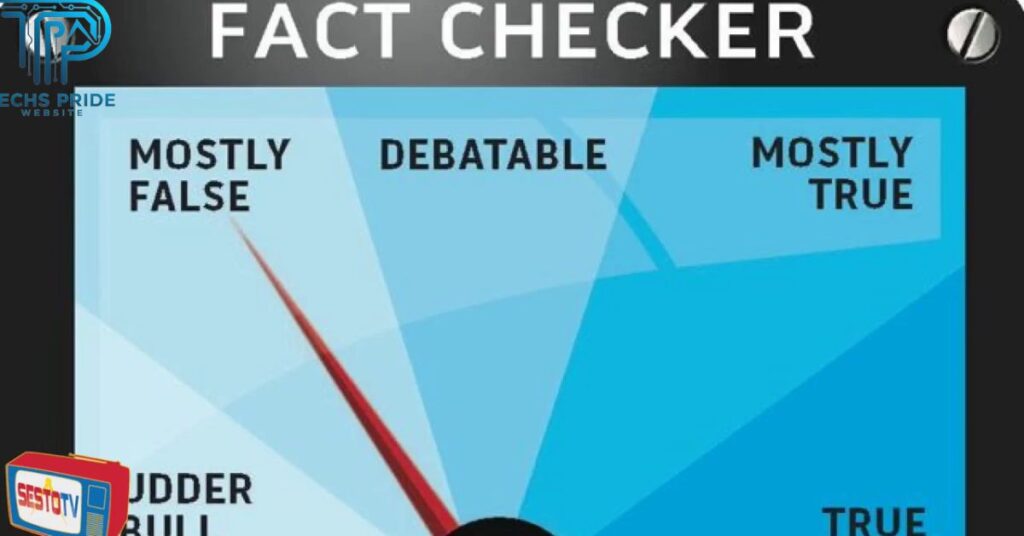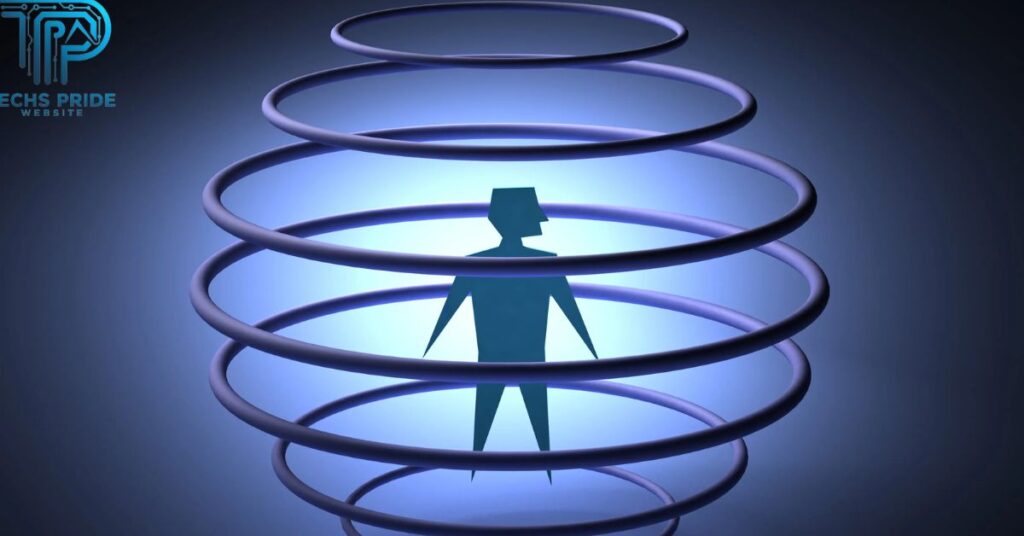The executor is responsible for initiating and overseeing the probate process. This involves submitting the deceased person’s will to the probate court if required and obtaining legal authorization to act on behalf of the estate.
Asset Management locates and manages all assets owned by the deceased individual. This includes real estate properties bank accounts investments personal belongings and any other assets mentioned in the will. They take inventory of these assets and ensure they are safeguarded during the estate administration process.
Debt and Expense Settlement: Executors handle the settlement of debts and expenses owed by the estate. This involves identifying outstanding bills funeral expenses taxes and any creditor claims. They use estate funds to pay off these obligations in accordance with legal requirements and the terms of the will.
Legally Reviewed
As an AI language model I do not have the capability to legally review content or provide legally binding assurances. However I can provide accurate and reliable information based on widely accepted legal principles and general knowledge.
If you require legal advice or assurance it is essential to consult with a qualified attorney or legal expert who can review specific details and provide guidance tailored to your situation. If you have any questions or need further clarification on legal matters feel free to ask and I’ll do my best to assist you.
Fact-Checked
I can provide information based on widely accepted facts and general knowledge. The information provided about wills executors and estate administration is consistent with common legal principles and practices.

However if you need specific information fact checked for accuracy or require verification of details within a particular context it is recommended to consult authoritative sources or legal professionals who can confirm the accuracy of the information in question.
What Is an Executor?
- Initiating Probate Process: In many jurisdictions the executor is responsible for initiating the probate process which involves submitting the deceased person will to the probate court for validation.
- Filing Paperwork: The executor is typically required to file necessary paperwork with the probate court such as petitions affidavits and inventories of the deceased person assets.
- Court Representation: The executor may need to appear in court hearings related to the probate proceedings. This may include attending hearings to validate the will address challenges or disputes raised by heirs or creditors and seek approval for certain actions such as asset sales or distribution plans.
- Overseeing Probate Proceedings: Throughout the probate process the executor oversees the administration of the estate ensuring that all necessary steps are taken to settle the deceased person affairs.
- Complying with Legal Requirements: The executor must ensure that all actions taken during the probate process comply with applicable laws and regulations.
The executor plays a pivotal role in navigating the probate process and administering the deceased person estate. They serve as the legal representative of the estate and are entrusted with ensuring that the deceased person final wishes are carried out faithfully and in accordance with the law.
The Executor’s Role: The Basics
The executor typically initiates the probate process by filing the deceased person will with the probate court if required by law. This step is necessary to validate the will and obtain legal authority to administer the estate.

Throughout the probate process the executor is responsible for filing necessary paperwork with the probate court. This may include petitions affidavits inventories of assets and other documents required to facilitate the administration of the estate.
What Does an Executor Do? Court Representation may need to appear in court hearings related to the probate proceedings. This may include attending hearings to validate the will, address challenges or disputes raised by heirs or creditors, and seek approval for certain actions such as asset sales or distribution plans.
Choosing Your Executor
Choosing an executor for your estate is a significant decision that requires careful consideration. Here are some factors to keep in mind when selecting an executor.
Trustworthiness
Your executor will have access to sensitive financial and personal information, so it is crucial to choose someone you trust implicitly.
Responsibility
Look for someone who is organised reliable and capable of managing complex tasks. Your executor will be responsible for handling your estate affairs including paying debts distributing assets and filing taxes.
Availability
Consider whether the potential executor has the time and availability to fulfil their duties effectively. Settling an estate can be time consuming and may require a significant time commitment.
Financial acumen
While not mandatory, it can be beneficial to choose someone with basic financial knowledge or the ability to seek professional advice when needed. They will need to manage assets, pay bills and ensure that all financial matters are handled correctly.
Familiarity with your wishes
Your executor should understand your wishes and be willing to carry them out faithfully. It is essential to communicate your preferences clearly and ensure that your chosen executor is comfortable fulfilling them.
Who Typically Serves as an Executor?
An executor is typically someone named in a person will to carry out the instructions outlined in the will after the person death. This individual is responsible for managing the deceased person estate including settling debts distributing assets to beneficiaries and handling any legal proceedings that may arise.
The executor can be anyone chosen by the person writing the will such as a family member friend, attorney or even a financial institution. It is essential to choose someone trustworthy and responsible who is willing and able to fulfil the duties of an executor.
Many people choose a close family member or friend whom they trust to handle their affairs after they pass away. Sometimes individuals also opt for professional executors especially if the estate is complex or if there are concerns about conflicts of interest among family members.
The Executor of a Will Has a Fiduciary Duty
As the executor their responsibilities include managing the deceased person estate paying debts and taxes and distributing assets according to the terms of the will. They must carry out these duties with diligence honesty and transparency always prioritising the interests of the beneficiaries.
Failure to fulfil these duties can result in legal consequences including removal as executor lawsuits for breach of fiduciary duty and potentially personal liability for any losses incurred due to negligence or misconduct.
It is essential for executors to understand their fiduciary responsibilities and to seek legal guidance if they have any questions or concerns about fulfilling their duties properly.
What Does an Executor Do?
An executor also known as a personal representative or administrator in some jurisdictions is appointed in a person’s will to carry out specific duties related to the estate after the person’s death. Here are some of the primary responsibilities of an executor.
- Probate Process: The executor typically initiates the probate process which involves proving the validity of the will and obtaining legal authority to administer the estate.
- Asset Management: The executor is responsible for identifying, collecting and managing the deceased person’s assets. This may include real estate bank accounts investments personal belongings and any other property.
- Paying Debts and Expenses: The executor must determine and pay any outstanding debts taxes and administrative expenses of the estate. This can include funeral costs outstanding bills mortgages taxes owed and other liabilities.
- Distributing Assets: After debts and expenses are paid the executor distributes the remaining assets of the estate to the beneficiaries named in the will according to the instructions provided.
- Communicating with Beneficiaries: The executor is responsible for keeping beneficiaries informed about the progress of the estate administration including providing updates on asset valuation debt payments and distribution timelines.
What if There Is No Will?
In many jurisdictions if there is a surviving spouse, they usually receive a significant portion of the estate often even if there are children or other heirs. The exact share depends on the laws of the jurisdiction but it3s typically a substantial portion.
This ensures that the surviving spouse is adequately provided for after the death of their partner. However, it is essential to note that the specifics can vary widely depending on local laws and circumstances such as the length of the marriage and whether the couple had children together.
Frequently Asked Questions
What are the duties of an executor?
The duties of an executor typically include gathering and inventorying assets paying debts and taxes owed by the estate, distributing assets to beneficiaries as outlined in the will and handling any necessary legal proceedings such as probate.
Who can be named as an executor?
Generally, any competent adult can be named as an executor in a will. This could be a family member friend attorney or even a financial institution. It is important to choose someone trustworthy and responsible as they will be tasked with important responsibilities.
Can an executor decline their role?
Yes, an executor has the right to decline their role if they do not wish to serve or if they feel they are unable to fulfil the duties outlined in the will. In such cases an alternate executor named in the will or appointed by the court may step in.
Do executors get paid?
In many jurisdictions executors are entitled to receive compensation for their time and effort in administering the estate. The amount of compensation varies depending on local laws and the complexity of the estate. It is typically a percentage of the estate value or a reasonable hourly rate.
How long does the executor’s role last?
The length of time an executor role lasts can vary depending on the complexity of the estate the efficiency of the executor and any legal proceedings involved. In some cases it can take several months to several years to fully administer an estate and distribute assets to beneficiaries.
Final Thought
The role of an executor is pivotal in ensuring the smooth and lawful administration of a deceased person estate. From managing assets to settling debts and distributing inheritances executors shoulder significant responsibilities.
Their duties encompass a wide range of tasks including legal proceedings and financial management, all aimed at fulfilling the wishes outlined in the deceased individual will.
Choosing a competent and trustworthy executor is crucial as they play a vital role in the proper execution of the deceased person final wishes and the fair distribution of assets to beneficiaries.

I’m a tech writer specializing in explaining complex software and hardware topics clearly. Passionate about making technology accessible through straightforward, engaging writing.







